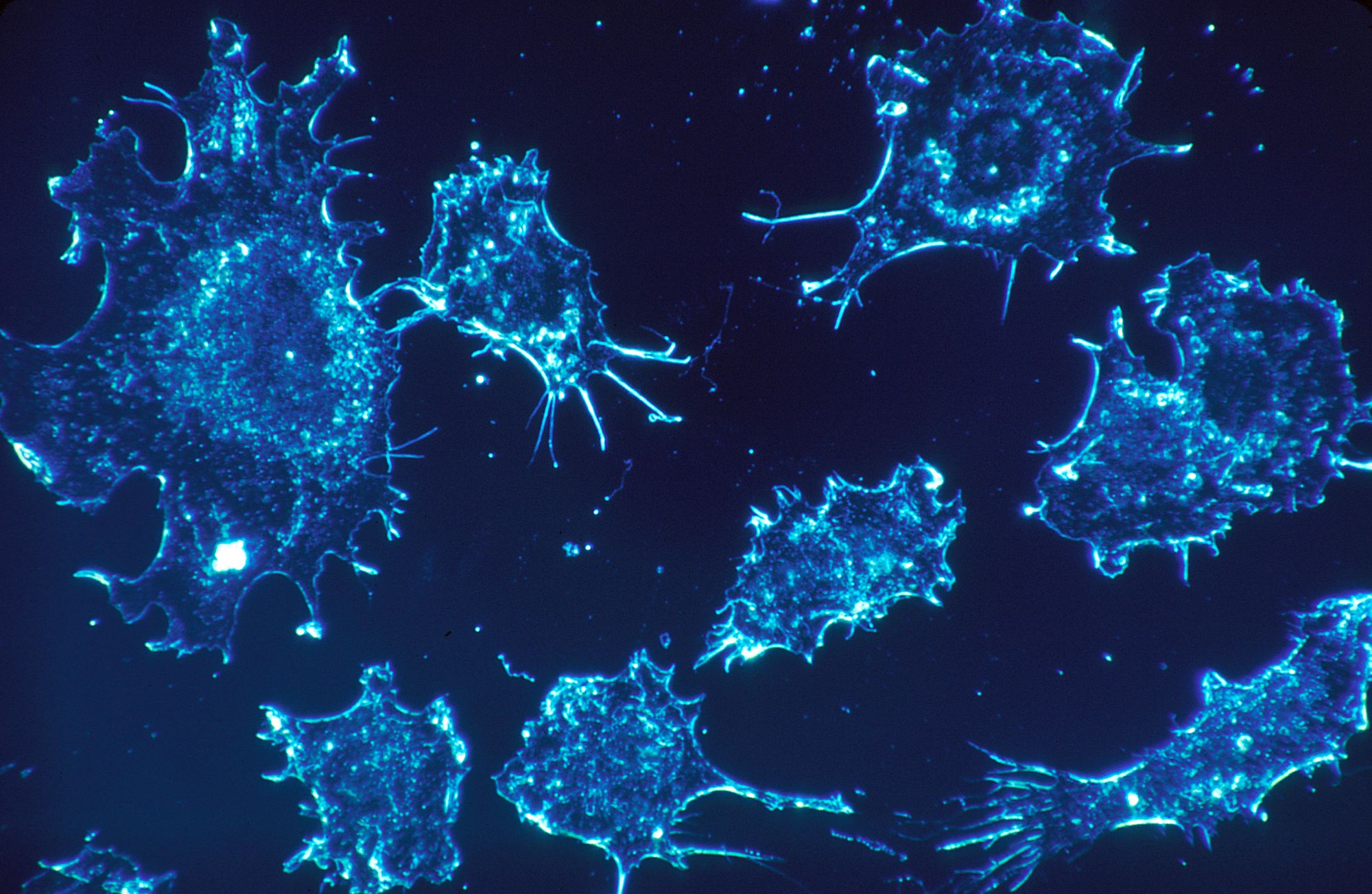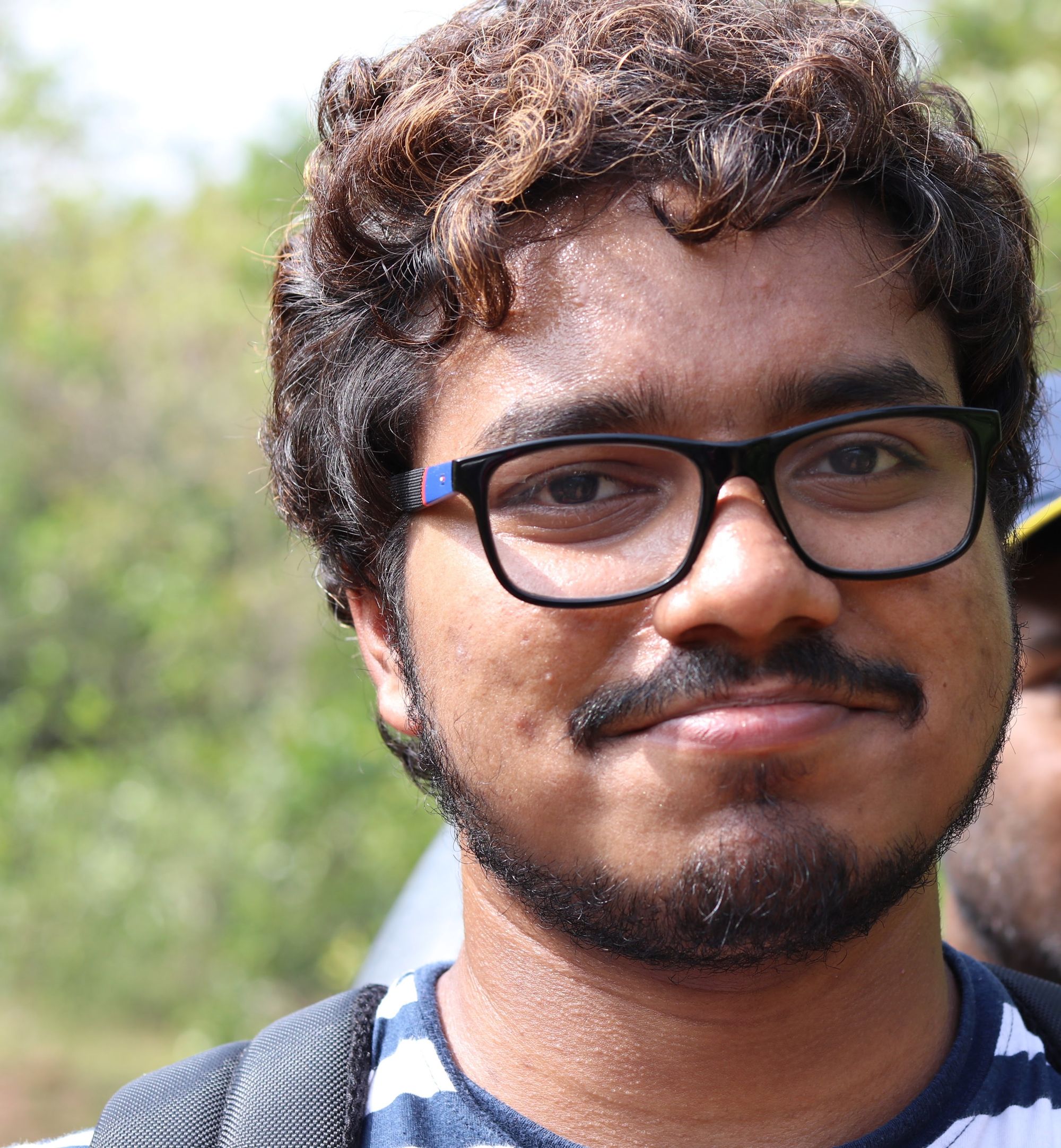The Emperor of All Maladies is a comprehensive tale of cancer through history. The book unravels the mystery surrounding this malignant disease.
For a technologist who is a novice to human biology, the book provided a thorough and thoughtful perspective towards the ailment. The author states his motivation to write the book by providing alarming statistics of cancer and the need to understand the enemy in the fight against it.
My key takeaways from the book are:
- Prevention often precludes cure
- Availability of a cure does not imply biological understanding
- Palliative care is important
- The role of political activism in gathering monetary strength to a problem
Prevention precludes cure
The author dedicates a whole section towards this topic. He says that even before antibiotics were discovered hygiene played a crucial role in preventing bacterial diseases. Prevention is classified into two different types, primary prevention: preventing the onset of a disease, secondary prevention: intervening during the early onset of the disease to put an end. The author argues that breakthroughs and innovations in these directions often preclude cure and are of paramount importance in fighting a disease. The author tells the tale of carcinogens and the impact of the ban on tobacco in the fight against lung cancer. He also states the complexity of epidemiological studies in determining the causal effects on diseases. After the world war smoking was so ubiquitous that the correlation between smoking and lung cancer, is equally plausible compared to lung cancer and sitting. It took the determination of an epidemiologist who tracked the habits and deaths of doctors registered with NHS to prove the correlation. Richard Doll, one of the primary investigators saw a strong correlation and gave up his smoking habit midway through the study (Doll's initial objective of the study is to put an end to the speculation by disproving any correlation). The ban on tobacco products had a monumental affect on lung cancer. This takeaway is relevant as the world fights the novel corona-virus COVID-19.
Availability of a cure does not imply biological understanding
If you have ever seen me in real life you would notice multiple scars on my face. This is because I had a severe case of acne during my teens and the doctor suggested isotretinoin composed of cis-retinoic acid. When I was reading the book I learned about trans-retinoic acid as a targeted cure for Hers-2 activated breast cancer. While the biological role of trans-retinoic acid in combating Hers-2 activated cancer is understood, the same cannot be said for cis-retinoic acid in the treatment for acne. My acne subsided after therapy using isotretinoin but medicine cannot categorically explain the role of the drug in combating acne. The author provides an example of chemotherapy to highlight the same. Chemotherapy which is widely used as therapy for cancer is available long before the biology of cancer is understood (even before the probable causal candidates were identified). The author juxtaposes the importance of research in basic sciences with the criticality of understanding the ailment for discovering targeted medicine.
Palliative care is important
Before reading this book if you have told me that you are taking a homeopathic medicine I would have a serious conversation with you to tell that its pseudoscience. Even though i haven't changed radically from the above thought process, the book made me re-think about placebos. The author talks about doctors who treat patients that give up on cancer (chemotherapy is an extremely painful process, some patients describe it as lava going through your veins), as failures. He condemns that thought process by giving an example of a patient whose daughter was unhappy with the strength of chemotherapy her mother was receiving for a mature stage liver cancer and requested to change the physician. The patient passed away in the end but the author wittily states that he is not sure whether the cure or the ailment killer her. Yeah, placebos do not treat underlying disease but in the absence of an alternative, its better than nothing. We could argue that only when patients are ready to fight we can try novel therapies and validate the results, but it's ones personal choice. You cannot expect an ailing patient to be a guinea pig.
The role of political activism in gathering monetary strength to a problem
The author highlights the role and needs of political activism in bringing light towards the problem. He compares the funds allotted towards cancer research pre-Lasker(jimmy fund was $250,000) to the funds allocated after the establishment of the National Cancer Institute($1b). He also highlights the activism of tobacco companies in trying to evade the science that proves the correlation between cigarettes and lung cancer.
The book overall gives a very good overview of cancer while asking thought-provoking questions. It also gives a glimpse into the future of the disease using targeted drugs specific to a gene mutation that provides high specificity.

